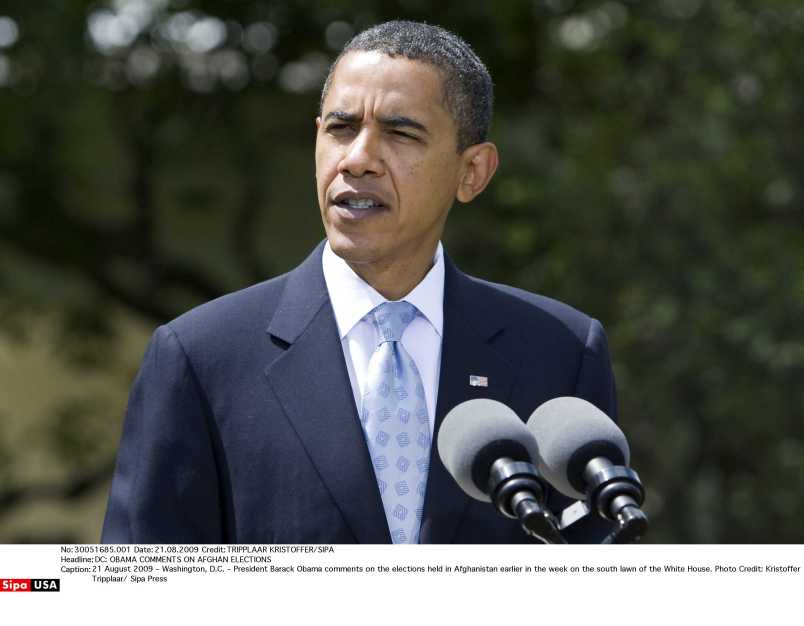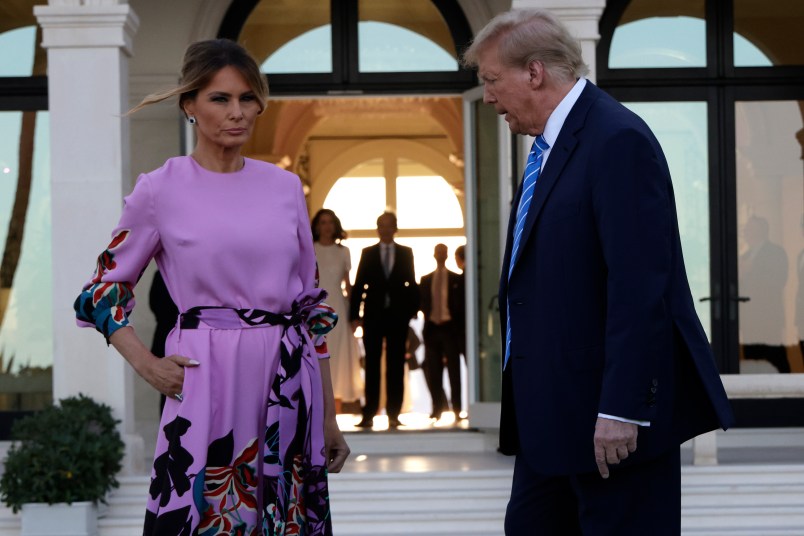President Obama’s eulogy for the West Virginia coal miners, as prepared for delivery.
To all the families who loved the miners we’ve lost; to all those who called them friends, worked alongside them in the mines, or knew them as neighbors, in Montcoal, Naoma, or Whitesville; in the Coal River Valley and across West Virginia – let me begin by saying that we have been mourning with you throughout these difficult days. Our hearts ache. We also keep in our thoughts the survivors who are recovering and resting in a hospital and at home.
We are here to memorialize 29 Americans: Carl Acord. Jason Atkins. Christopher Bell. Gregory Steven Brock. Kenneth Allan Chapman. Robert Clark. Charles Timothy Davis. Cory Davis. Michael Lee Elswick. William I. Griffith. Steven Harrah. Edward Dean Jones. Richard K. Lane. William Roosevelt Lynch. Nicholas Darrell McCroskey. Joe Marcum. Ronald Lee Maynor. James E. Mooney. Adam Keith Morgan. Rex L. Mullins. Joshua S. Napper. Howard D. Payne. Dillard Earl Persinger. Joel R. Price. Deward Scott. Gary Quarles. Grover Dale Skeens. Benny Willingham. Ricky Workman.
Nothing I say can fill the hole they leave in your hearts; the absence they leave in your lives. If any comfort can be found, it can, perhaps, be found by seeking the face of God, who quiets our troubled minds, mends our broken hearts, and eases our mourning souls.
Even as we mourn 29 lives lost, we also remember 29 lives lived. Up at 4:30, 5 at the latest, they began their day, as they worked, in darkness. In coveralls and hard-toe boots, a hardhat over their heads, they would sit quietly for their hour-long journey, 5 miles into the mountain, the only light the lamp on their caps, or the glow from the mantrip they rode in.
Day after day, they would burrow into the coal, the fruits of their labor, what we so often take for granted: the electricity that lights up convention centers like this; that lights up our churches and homes, our schools and offices; the energy that powers our country and the world.
Most days, they would emerge from the dark mine, squinting at the light. Most days, they would emerge, sweaty, dirty, dusted with coal. Most days, they would come home. Most days, but not that day.
These men – these husbands, fathers, and grandfathers, brothers and sons – they did not take on their jobs unaware of the perils. Some of them had already been injured or seen a friend get hurt.
They knew there were risks, and so did their families. They knew their kids would say a prayer at night before they left. They knew their wives would wait for a call when their shift ended saying everything was ok. They knew their parents felt a pang of fear every time a breaking news alert came on, or the radio cut in.
But they left for the mines anyway – some, having waited all their lives to be miners; having longed to follow in the footsteps of their fathers and grandfathers. And yet, none of them did it for themselves alone.
All the hard work; all the hardship; all the time spent underground; it was all for their families. For a car in the driveway. For a roof overhead. For a chance to give their kids opportunities they never knew; and enjoy retirement with their wives. It was all in the hopes of something better. These miners lived – as they died – in pursuit of the American dream.
There, in the mines, for their families, they became a family themselves – sharing birthdays together, relaxing together, watching Mountaineers football or basketball together, spending off days together. They may not have loved what they did, said a sister, but they loved doing it together. They loved doing it as a family. As a community.
That spirit is reflected in a song nearly every American knows. But it’s a song most people, I think, would be surprised to learn was actually written by a coal miner’s son about this town, Beckley, about the people of West Virginia. It’s the song, Lean on Me – an anthem of friendship, an anthem of community.
That community was revealed for all to see in the minutes, and hours, and days after the tragedy. Rescuers, risking their own safety, scouring narrow tunnels saturated with methane and carbon monoxide, hoping against hope they might find a survivor. Friends keeping porch-lights on in a nightly vigil; hanging up homemade signs that read, “Pray for our miners, and their families.” Neighbors consoling each other, supporting each other – leaning on one another.
I’ve seen it myself, the strength of that community. In the days following the disaster, emails and letters poured into the White House. Postmarked from different places, they often begin the same way: “I am proud to be from a family of miners,” “I am the son of a coal miner,” “I am proud to be a coal miner’s daughter.” They ask me to keep our miners in my thoughts. Never forget, they say, miners keep America’s lights on. Then, they make a simple plea: don’t let this happen again.
How can we fail them? How can a nation that relies on its miners not do everything in its power to protect them? How can we let anyone in this country put their lives at risk by simply showing up to work; by simply pursuing the American dream?
We cannot bring back the 29 men we lost. They are with the Lord now. Our task, here on Earth, is to save lives from being lost in another such tragedy. To do what must be done, individually and collectively, to assure safe conditions underground. To treat our miners the way they treat each other – like family. For we are all family. We are Americans.
There’s a psalm that comes to mind today – a psalm we often turn to in times of heartache.
“Even though I walk through the valley of the shadow of death, I will fear no evil, for You are with me; your rod and your staff, they comfort me.”
May God bless our fallen miners. May they rest in eternal peace. And may the people of West Virginia and America find comfort in faith, and in one another, in the days to come.









